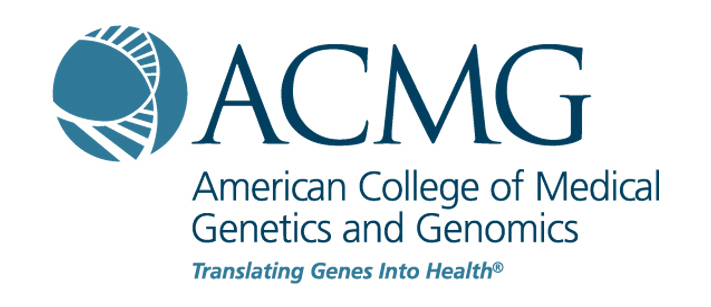NHGRI Office of Genomic Data Science hits its stride
April is upon us, bringing warmer weather and one of the highlights of the year, National DNA Day. On April 25, NHGRI will host a range of exciting activities and events, including the annual Louise M. Slaughter National DNA Day Lecture, which is actually scheduled on April 26. This year, the lecture will be given by Joe Palca, Ph.D., a former NPR science correspondent and founder of Scicommers, a collective of science communicators. I encourage you to attend, and please note that registration is required.
Ironically, April also brings fairly recent news about NIH’s Fiscal Year 2024 budget, which was finalized late last month. This budget provides $48.6 billion in base funding across NIH, which is an increase of approximately $300 million over last year. NHGRI’s budget for this fiscal year is essentially the same as in 2023. Of course, now our attention will quickly turn to Fiscal Year 2025, which begins in less than six months!
All the best,
![]()
In This Issue
- NHGRI Office of Genomic Data Science hits its stride
- Addressing challenges and opportunities for the clinical genomics workforce
- NASEM releases report proposing expanded studies of RNA
- NHGRI staff attend annual American College of Medical Genetics and Genomics Meeting
- Dan Kastner receives Kober Medal for leadership in medicine
Genomics Research Spotlight
Untargeted metabolomic profiling reveals molecular signatures associated with type 2 diabetes in Nigerians
Doumatey, et al.
Genome Med., 2024 Mar, PMID: 38444015
It is estimated that about 500 million people worldwide have type 2 diabetes. However, studies of this condition have mostly been performed in North America and Europe, and the research participants in these studies are not representative of the affected global population. In a recent paper, NHGRI scientists and their collaborators studied metabolites—substances produced in the body by breaking down food, drugs, or other materials—in people with and without type 2 diabetes in Nigeria. This is the largest such study in an African population. The researchers found that type 2 diabetes disrupts metabolic processes consistently across populations. Additionally, the study highlighted a new metabolic signature that could help in determining a person’s risk for type 2 diabetes and could inform future research about type 2 diabetes management and complications. This study illustrates that examining how diseases progress in diverse populations is an important step towards providing high-quality, equitable care for everyone.
This research was funded in part by the NHGRI Intramural Research Program and was performed in the laboratory of Charles Rotimi, Ph.D.
About The Genomics Landscape
A monthly update from the NHGRI Director on activities and accomplishments from the institute and the field of genomics.
Last updated: April 4, 2024




